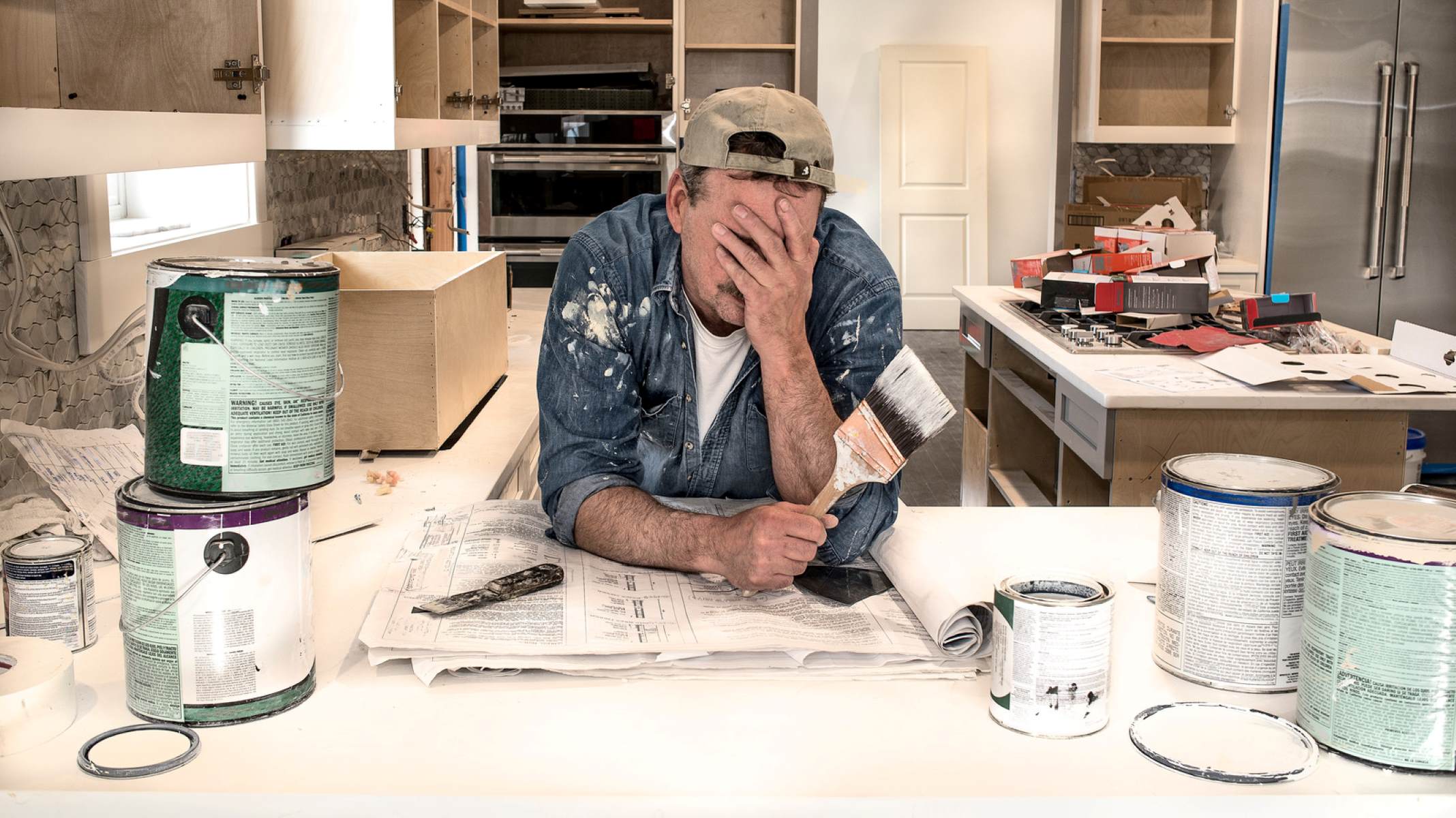

Articles
How To Protect Laminate Countertops
Modified: December 7, 2023
Learn how to effectively protect your laminate countertops with these informative articles. Find expert tips, tricks, and product recommendations to keep your countertops looking great for years to come.
(Many of the links in this article redirect to a specific reviewed product. Your purchase of these products through affiliate links helps to generate commission for Storables.com, at no extra cost. Learn more)
Introduction
Welcome to our guide on how to protect laminate countertops! Laminate countertops are a popular choice for many homeowners due to their affordability, durability, and variety of design options. However, just like any other surface, laminate countertops can be susceptible to damage if not properly cared for.
In this article, we will provide you with a comprehensive guide on how to protect your laminate countertops and keep them looking their best for years to come. By following the steps outlined in this guide, you can prevent scratches, stains, heat damage, and other common issues that laminate countertops may encounter.
So, whether you’re a homeowner looking to maintain your existing laminate countertops or considering installing them in your kitchen or bathroom, read on for helpful tips and tricks to protect and prolong the lifespan of your laminate surfaces.
Key Takeaways:
- Protect your laminate countertops by cleaning regularly with mild dish soap, using cutting boards and trivets to prevent scratches and heat damage, and handling with care to maintain their appearance and integrity.
- Avoid exposing laminate countertops to direct heat, harsh chemicals, and impact damage to prolong their lifespan and keep them looking their best for years to come.
Read more: How To Update Laminate Countertops
Step 1: Clean regularly
One of the most important steps in protecting your laminate countertops is to clean them regularly. Regular cleaning helps to remove dirt, grime, and food residue that can build up over time and potentially cause damage to the surface.
To clean your laminate countertops, start by wiping down the surface with a soft, damp cloth or sponge. Avoid using abrasive cleaners or scrub brushes, as they can scratch the laminate. Instead, opt for mild dish soap or a laminate-specific cleaner diluted with water.
Gently scrub the surface in small circular motions to loosen any stubborn stains or spills. Be sure to pay attention to the edges and corners of the countertop, as these areas tend to accumulate more dirt and debris.
After cleaning, thoroughly rinse the countertop with water to remove any leftover soap residue. Use a clean, dry cloth or paper towel to blot the surface and remove excess moisture. Avoid leaving any standing water on the countertop, as it can seep into the seams and cause damage over time.
It’s important to note that while laminate countertops are generally water-resistant, excessive exposure to water can still cause swelling or warping. Therefore, it’s recommended to avoid using excessive amounts of water when cleaning and to promptly wipe up any spills or splashes.
By incorporating regular cleaning into your maintenance routine, you can keep your laminate countertops looking clean and fresh while preventing the buildup of dirt and stains.
Step 2: Use cutting boards and trivets
Using cutting boards and trivets is an effective way to protect your laminate countertops from scratches, dents, and heat damage. These simple tools act as a barrier between your countertop surface and potentially harmful objects or hot items.
When it comes to food preparation, always use a cutting board instead of directly cutting or chopping on the laminate surface. Sharp knives and kitchen utensils can easily scratch or gouge the laminate if used directly. Opt for a cutting board made of wood, bamboo, or plastic, as these materials are gentle on the countertop and won’t cause damage.
In addition to using cutting boards, it’s also important to use trivets or hot pads when placing hot pots, pans, or baking trays on the laminate countertop. Laminate surfaces can be sensitive to heat, and prolonged exposure to hot items can cause discoloration or even warping. Protect your countertops by using heat-resistant trivets or silicone pads to create a barrier between the hot object and the laminate surface.
When using cutting boards and trivets, make sure to clean them regularly to prevent the transfer of bacteria or food residue onto your countertops. Wash cutting boards with hot, soapy water after each use and sanitize them periodically. Trivets and hot pads can be wiped down with a damp cloth or washed according to the manufacturer’s instructions.
By incorporating cutting boards and trivets into your daily routine, you can protect your laminate countertops from unnecessary wear and tear, extending their lifespan and keeping them looking their best.
Step 3: Avoid exposing to heat
Laminate countertops can be sensitive to heat, so it’s important to take precautions to avoid direct exposure to high temperatures. Heat can cause the laminate to discolor, bubble, warp, or even crack, compromising the integrity of your countertops.
To protect your laminate countertops from heat damage, follow these essential tips:
- Avoid placing hot pots, pans, or baking trays directly on the laminate surface. Always use heat-resistant trivets or silicone pads to create a barrier between the hot item and the countertop.
- When using small kitchen appliances, such as coffee makers, toasters, or electric griddles, be mindful of their placement. Ensure that there is ample space between the appliances and the laminate surface to allow for proper ventilation and prevent the buildup of heat.
- Never place hot items directly from the stovetop or oven onto the laminate countertop. Always use a heat-resistant surface, such as a trivet or a heat-resistant mat, as a resting place for hot pots or dishes.
- If you have an island or breakfast bar with a laminate countertop, refrain from using it as a direct cooking or hot food preparation area. Instead, designate a separate space such as a butcher block or granite surface for these activities.
By following these guidelines and being mindful of heat exposure, you can protect your laminate countertops from unwanted damage and ensure they continue to look their best over time.
To protect laminate countertops, use cutting boards and hot pads to prevent scratches and heat damage. Clean up spills promptly to avoid staining.
Step 4: Be cautious with liquids and chemicals
Laminate countertops can be resistant to moisture, but it’s still essential to exercise caution when it comes to liquids and chemicals. Certain substances can potentially stain, damage, or weaken the laminate surface if not handled properly.
Here are some important tips to keep in mind:
- Wipe up spills immediately: Promptly clean up any spills, especially those that are acidic or strongly colored. Liquids like red wine, coffee, fruit juices, and strong dyes can potentially stain the laminate if left sitting for too long.
- Avoid using harsh chemicals: When cleaning your laminate countertops, steer clear of abrasive or acidic cleaners, as they can damage the surface. Opt for a non-abrasive, mild dish soap or a laminate-specific cleaning solution diluted with water.
- Test cleaning products: Before using any new cleaning product or chemical on your laminate countertops, it’s always a good idea to perform a spot test in an inconspicuous area. This way, you can ensure that the product won’t cause any discoloration or damage.
- Be mindful of nail polish removers and harsh solvents: Some nail polish removers and strong solvents contain ingredients that can harm the laminate surface. Avoid using these products directly on the countertop and clean up any spills or drips promptly to prevent damage.
By being cautious with liquids and chemicals, you can maintain the beauty and integrity of your laminate countertops and prevent unwanted staining or damage.
Read more: How To Put Laminate On Countertops
Step 5: Handle with care
Handling your laminate countertops with care is crucial to ensuring their longevity and preventing unnecessary damage. By following these guidelines, you can protect your countertops from scratches, dents, and other forms of wear and tear:
- Use coasters and placemats: When placing glasses, cups, or dishes on the countertop, use coasters or placemats to prevent scratching or moisture damage. This precautionary step is especially important for items that may have rough or abrasive bottoms.
- Avoid dragging heavy or sharp objects: When moving heavy cookware or appliances across the countertop, lift them instead of dragging to avoid scratching or denting the surface. Sharp edges or rough bases can also cause damage, so take care when handling these items.
- Trim and file your nails: Long or jagged nails can accidentally scratch the laminate surface if you brush against it. Keep your nails trimmed and filed to minimize potential damage.
- Don’t use laminate countertops as workbenches: While laminate countertops are sturdy, they are not intended to withstand heavy-duty activities. Avoid using them as workbenches for projects that involve heavy tools or equipment that could potentially cause damage.
- Prevent impact damage: Be mindful of objects that may accidentally fall onto the countertop, such as utensils or small appliances. Sudden impacts can result in chips or cracks in the laminate surface.
By handling your laminate countertops with care, you can maintain their appearance and protect them from unnecessary damage. Remember to be mindful of the weight, sharpness, and potential impact of objects that come into contact with the surface.
Conclusion
Investing in laminate countertops for your kitchen or bathroom is a smart choice due to their affordability, durability, and wide range of design options. To ensure that your laminate countertops stay in pristine condition for years to come, it’s important to follow the steps outlined in this guide to protect them from scratches, stains, heat damage, and other common issues.
Cleaning your laminate countertops regularly using mild dish soap or a laminate-specific cleaner and a soft cloth or sponge is essential to remove dirt and grime. Using cutting boards and trivets will help prevent scratches and heat damage, while being cautious with liquids and chemicals will help avoid staining and weakening the laminate surface. Lastly, handling your laminate countertops with care and being mindful of the weight and sharpness of objects can prevent unnecessary damage.
By incorporating these simple practices into your maintenance routine, you can extend the lifespan of your laminate countertops and keep them looking their best. Remember to always follow the manufacturer’s care instructions and perform regular maintenance to ensure the longevity and visual appeal of your countertops.
With proper care and attention, your laminate countertops will continue to enhance the beauty and functionality of your space for years to come.
Frequently Asked Questions about How To Protect Laminate Countertops
Was this page helpful?
At Storables.com, we guarantee accurate and reliable information. Our content, validated by Expert Board Contributors, is crafted following stringent Editorial Policies. We're committed to providing you with well-researched, expert-backed insights for all your informational needs.
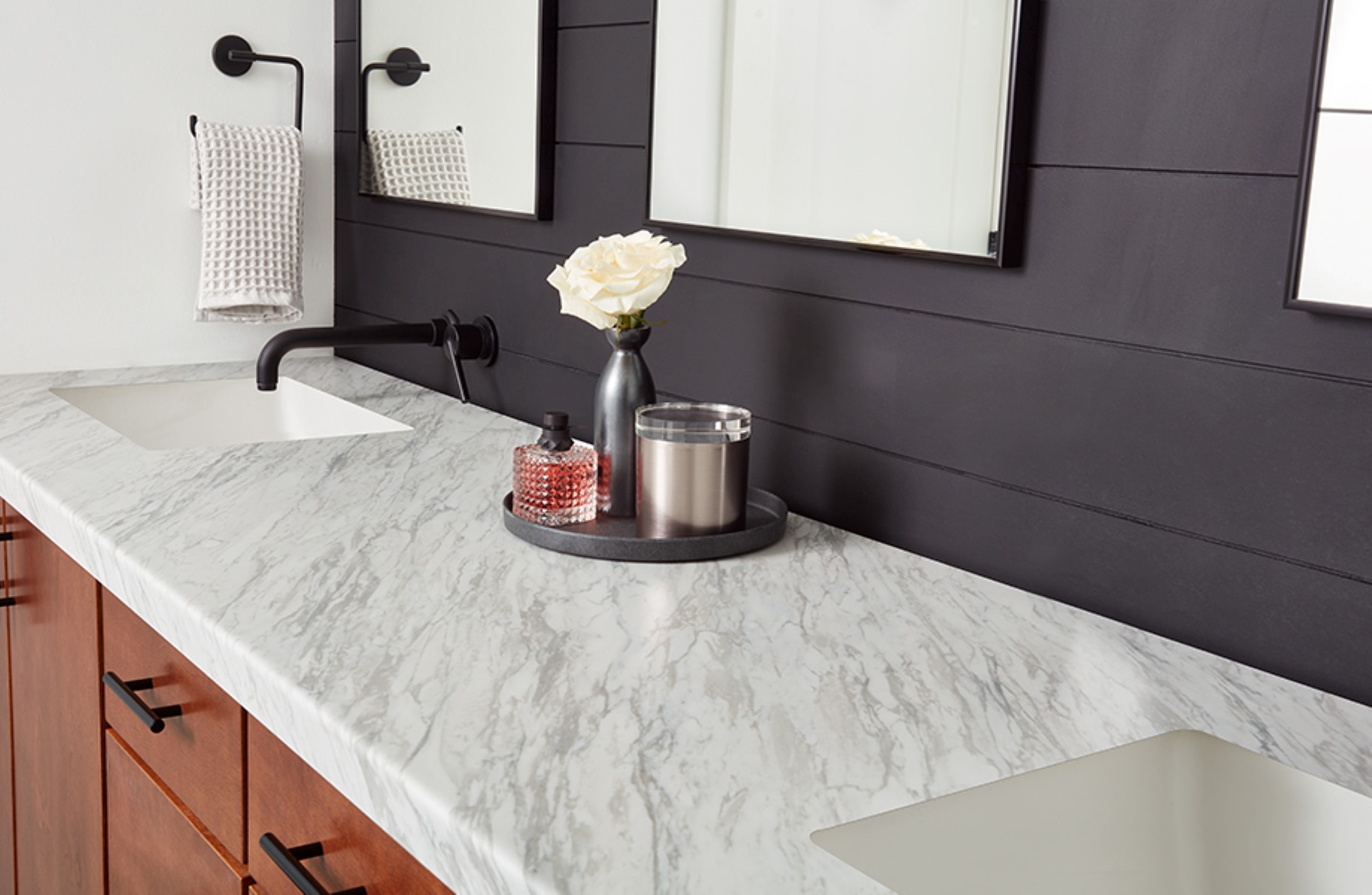
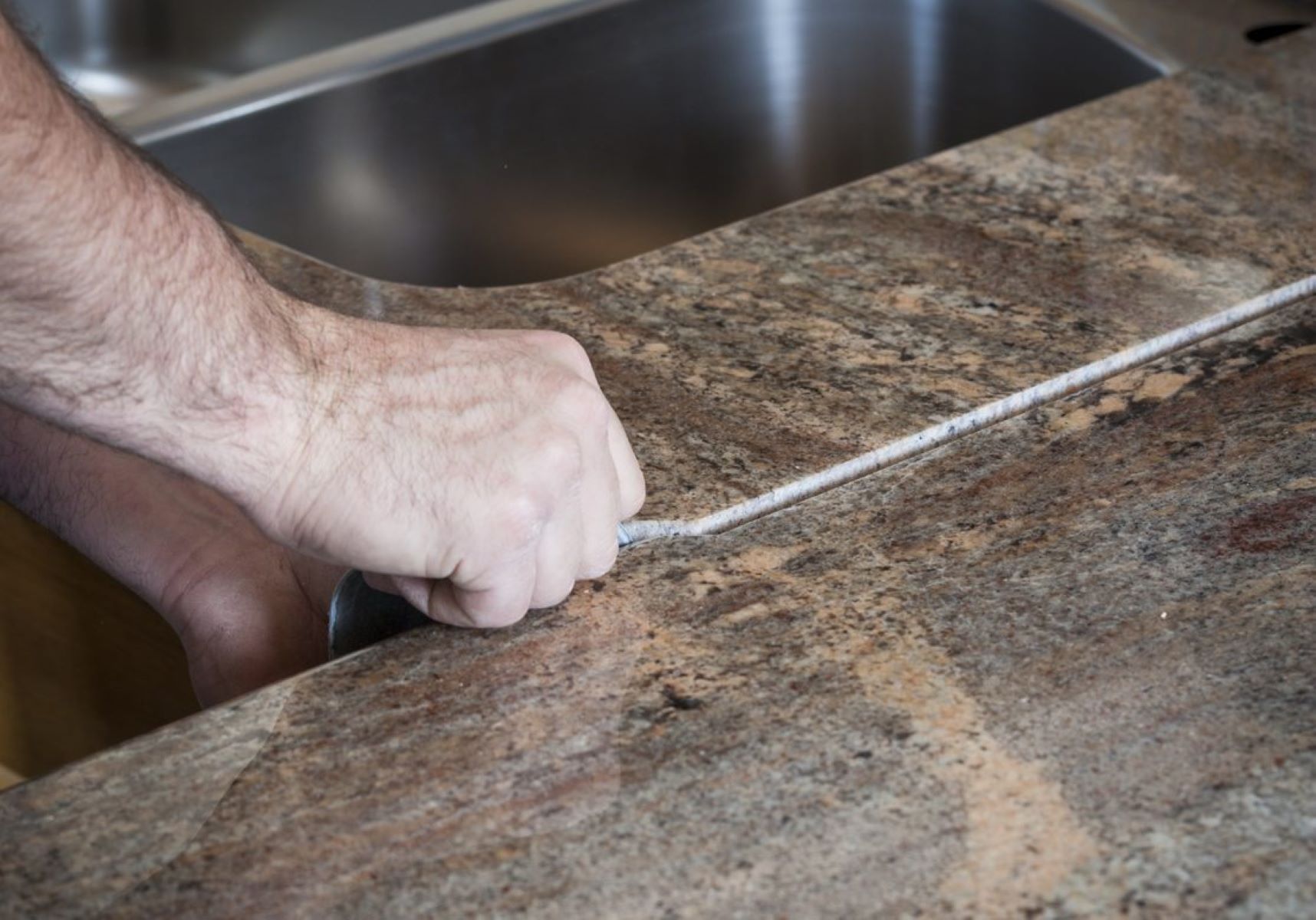
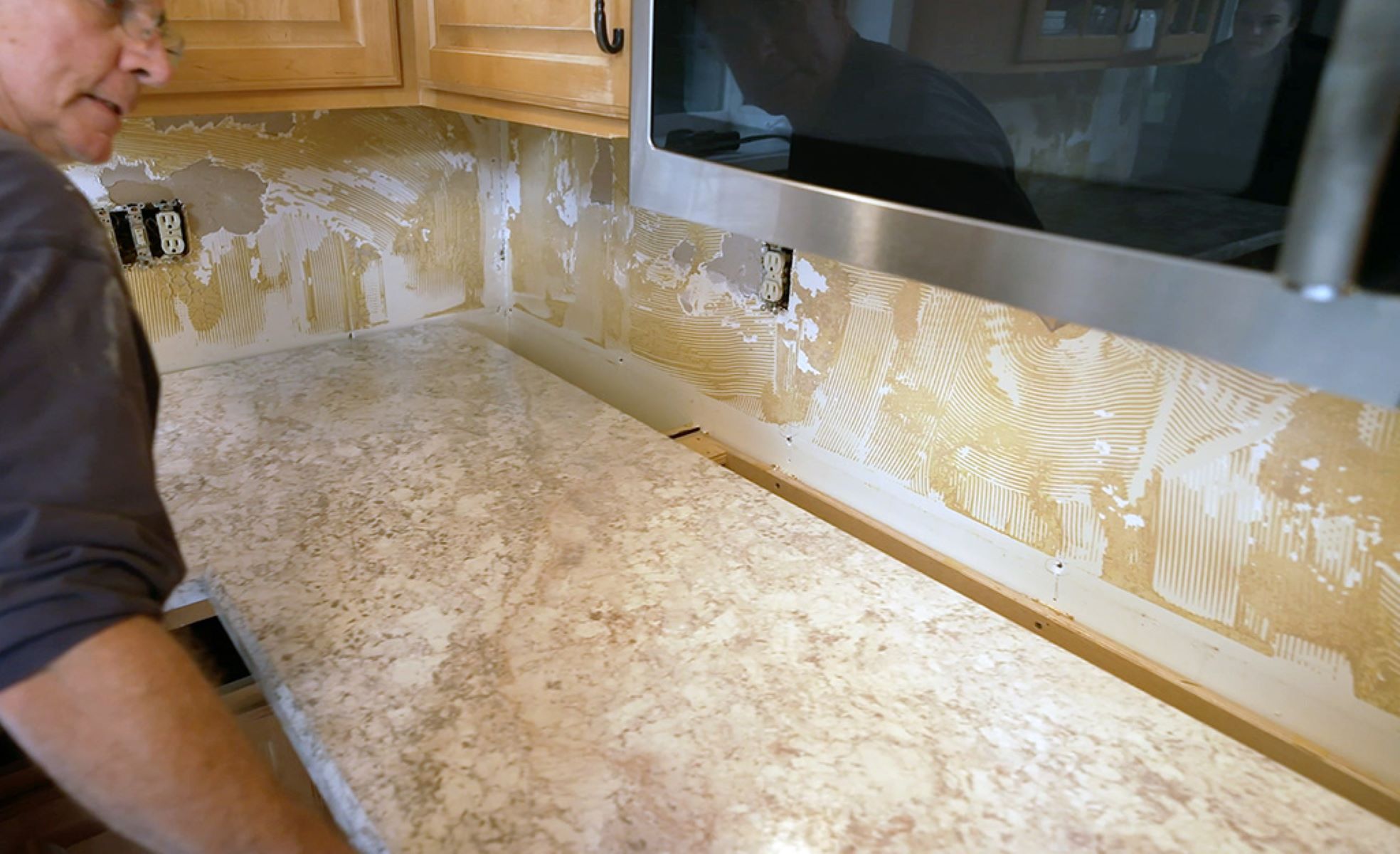
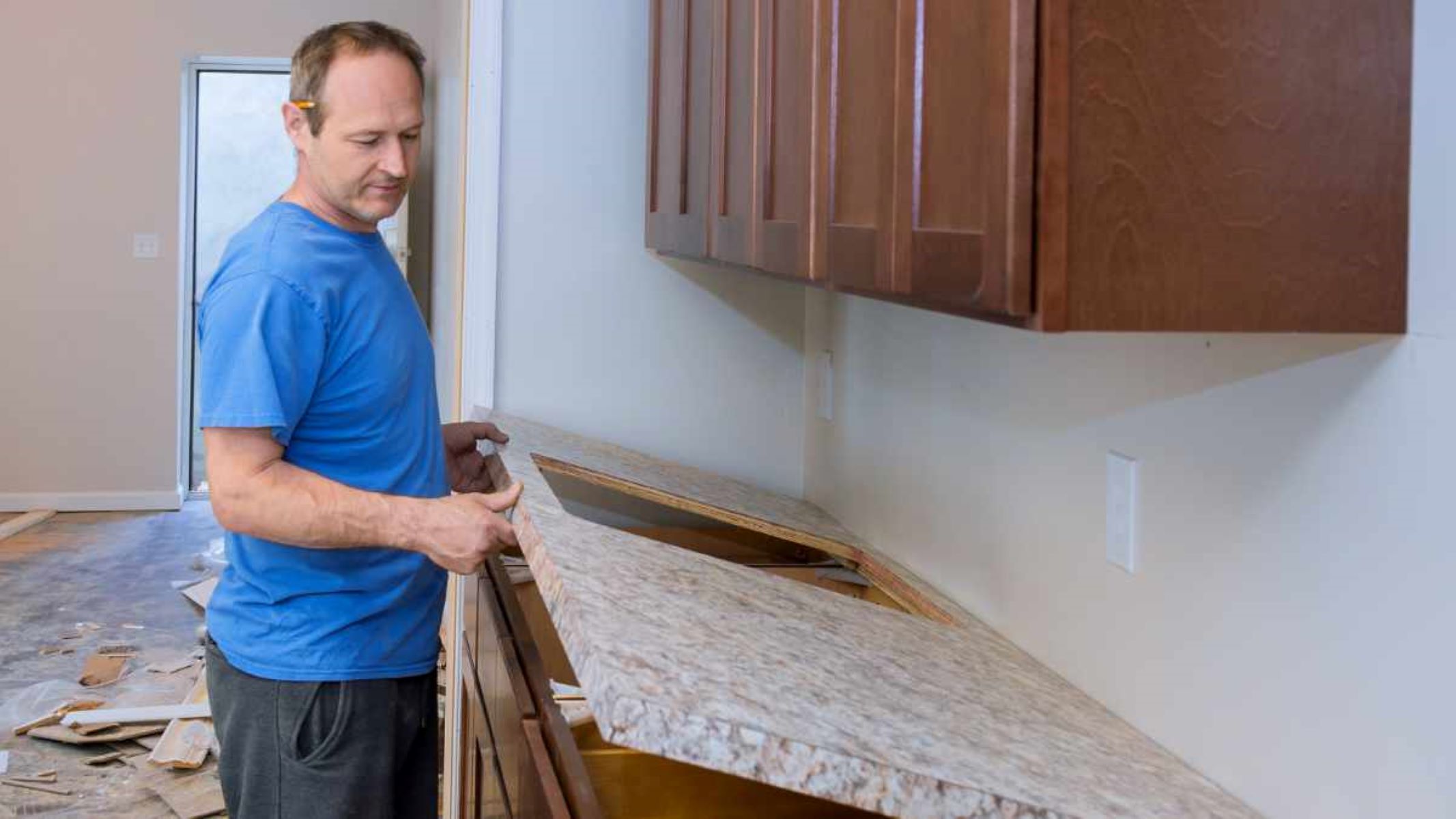
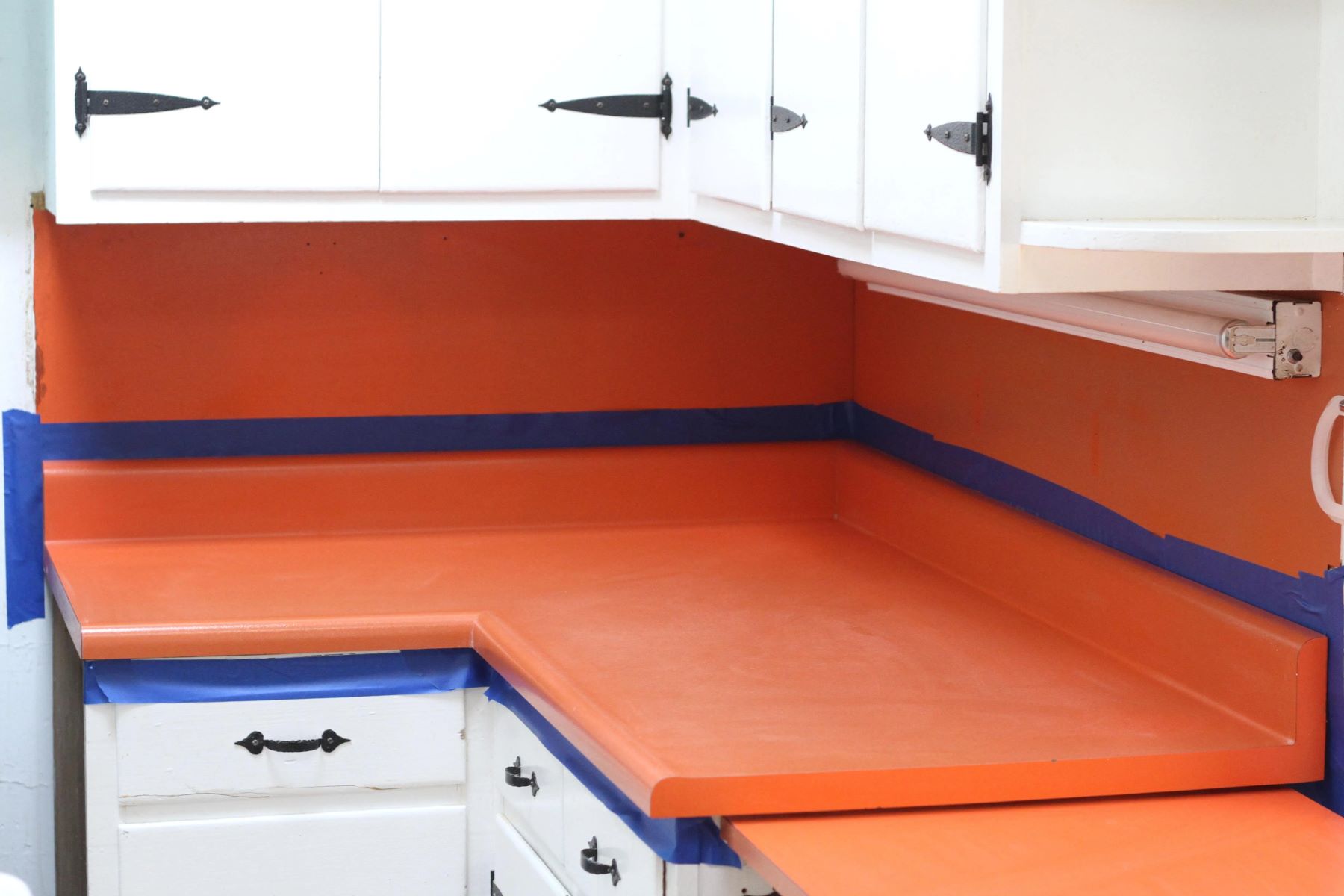
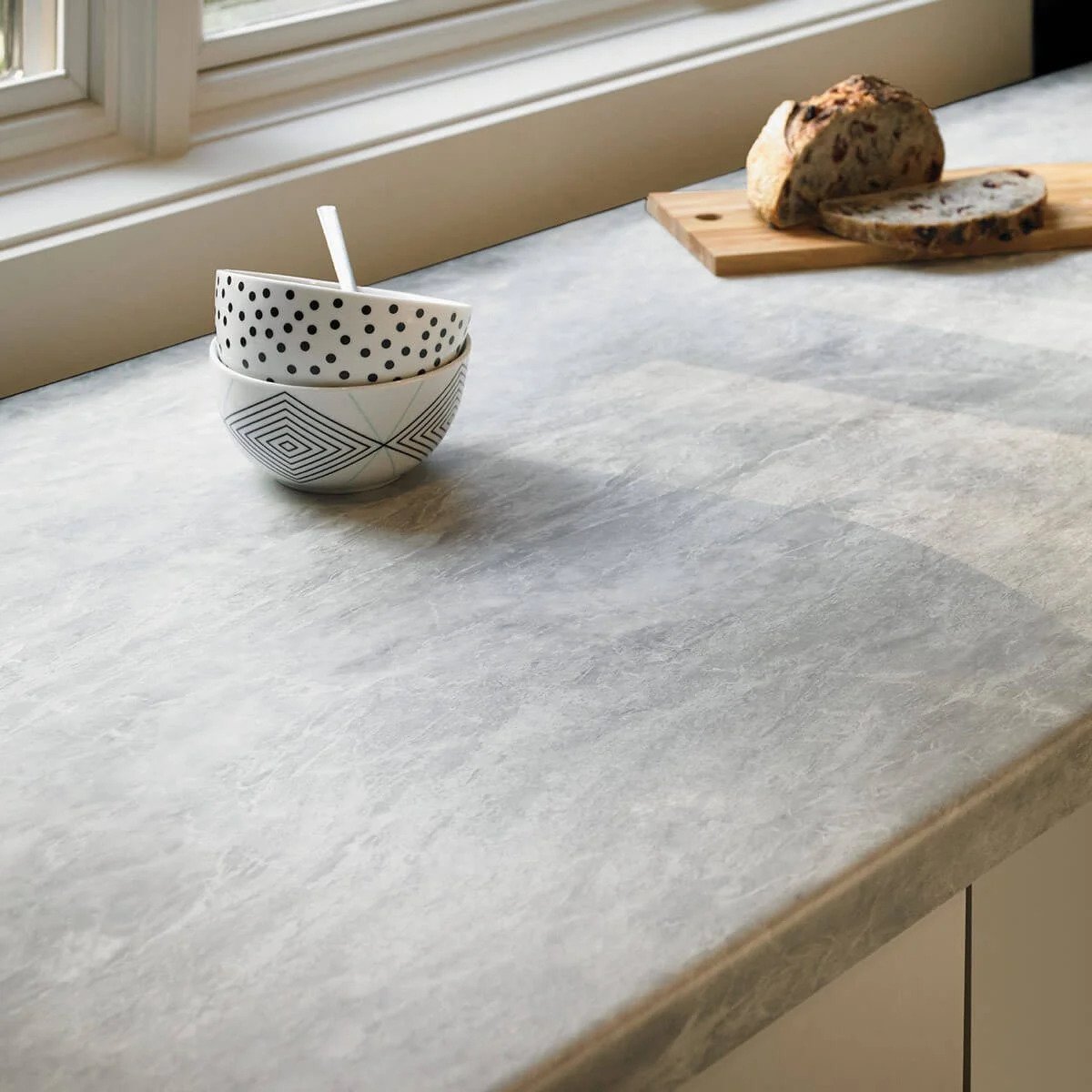
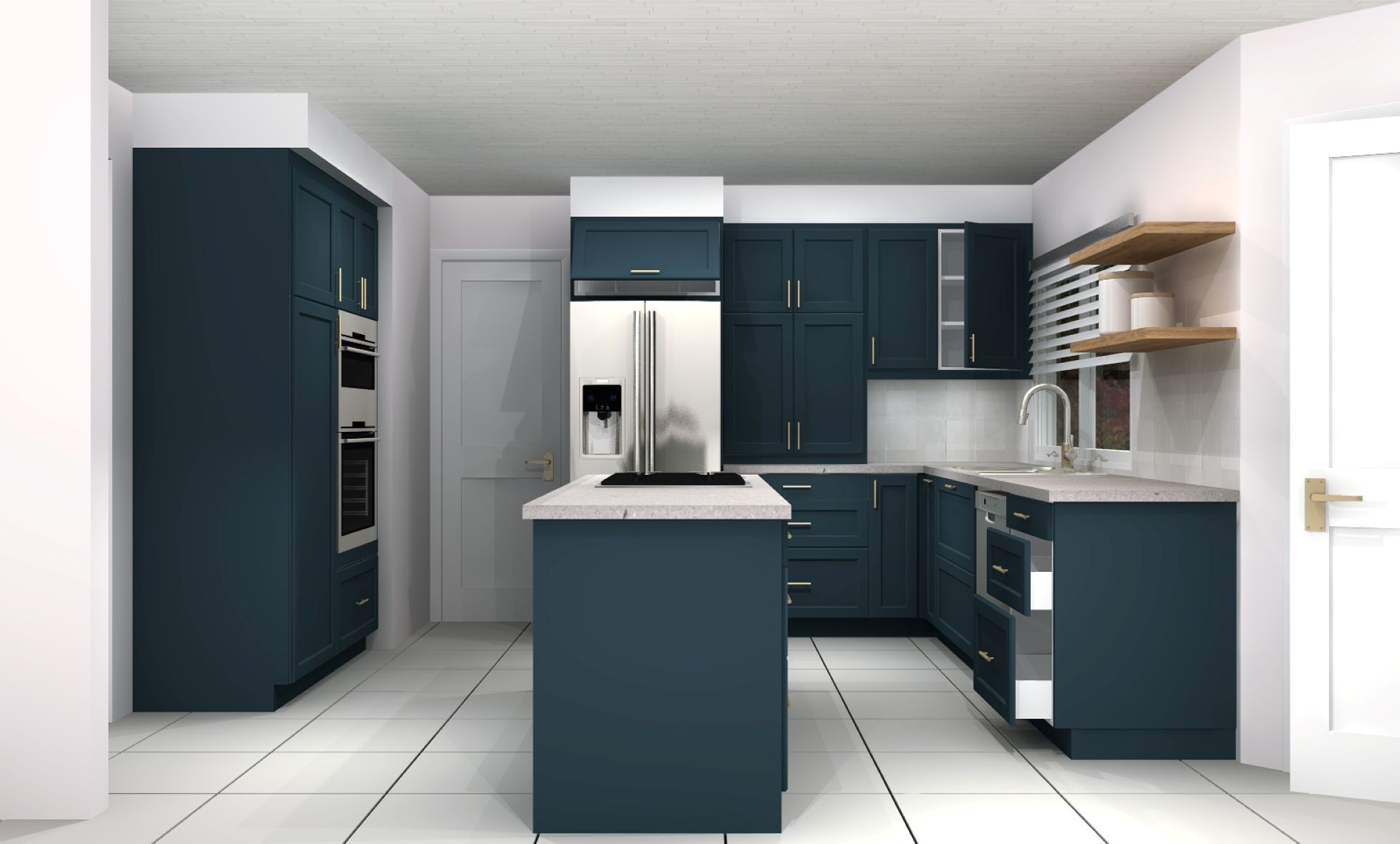
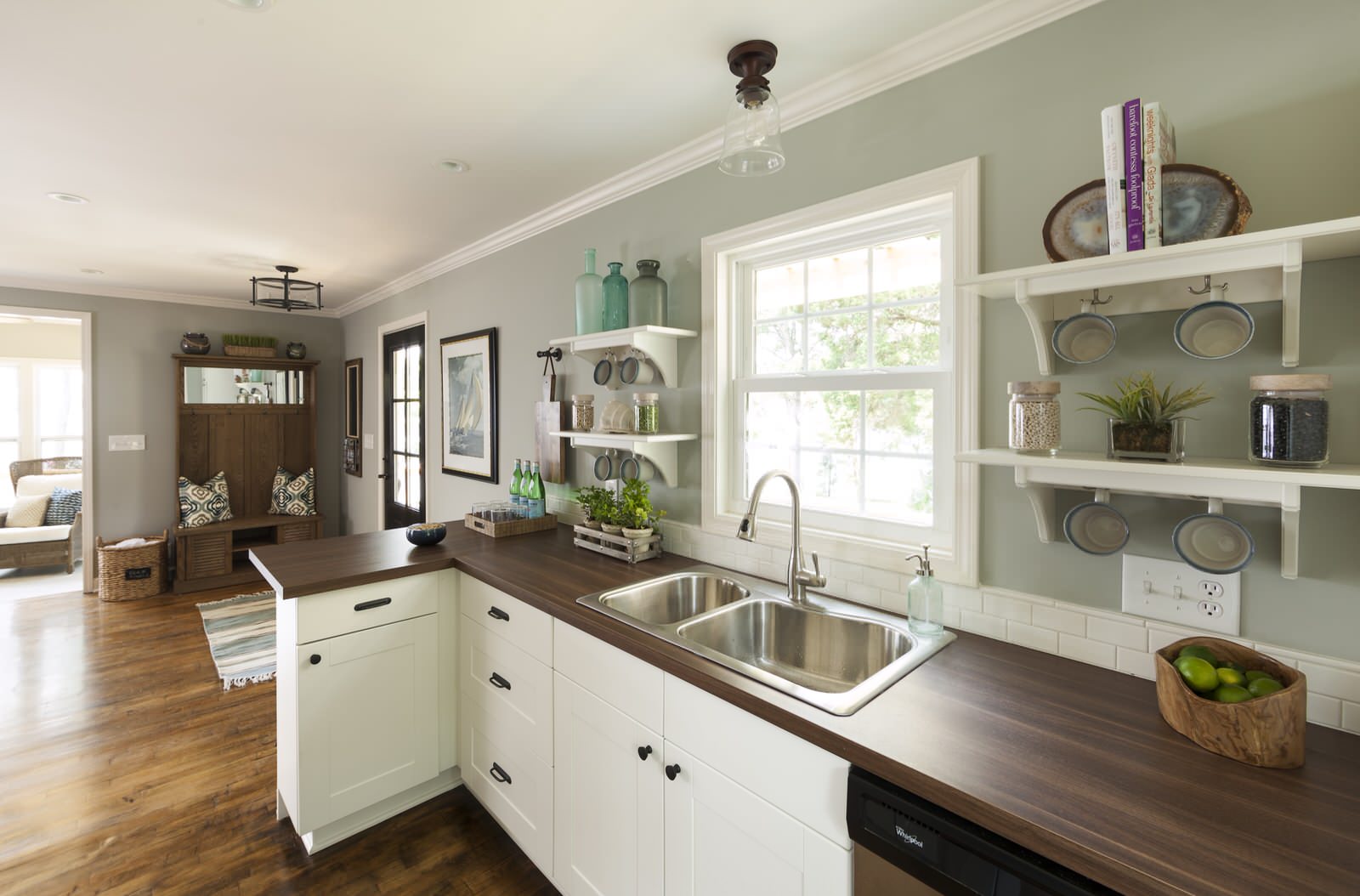
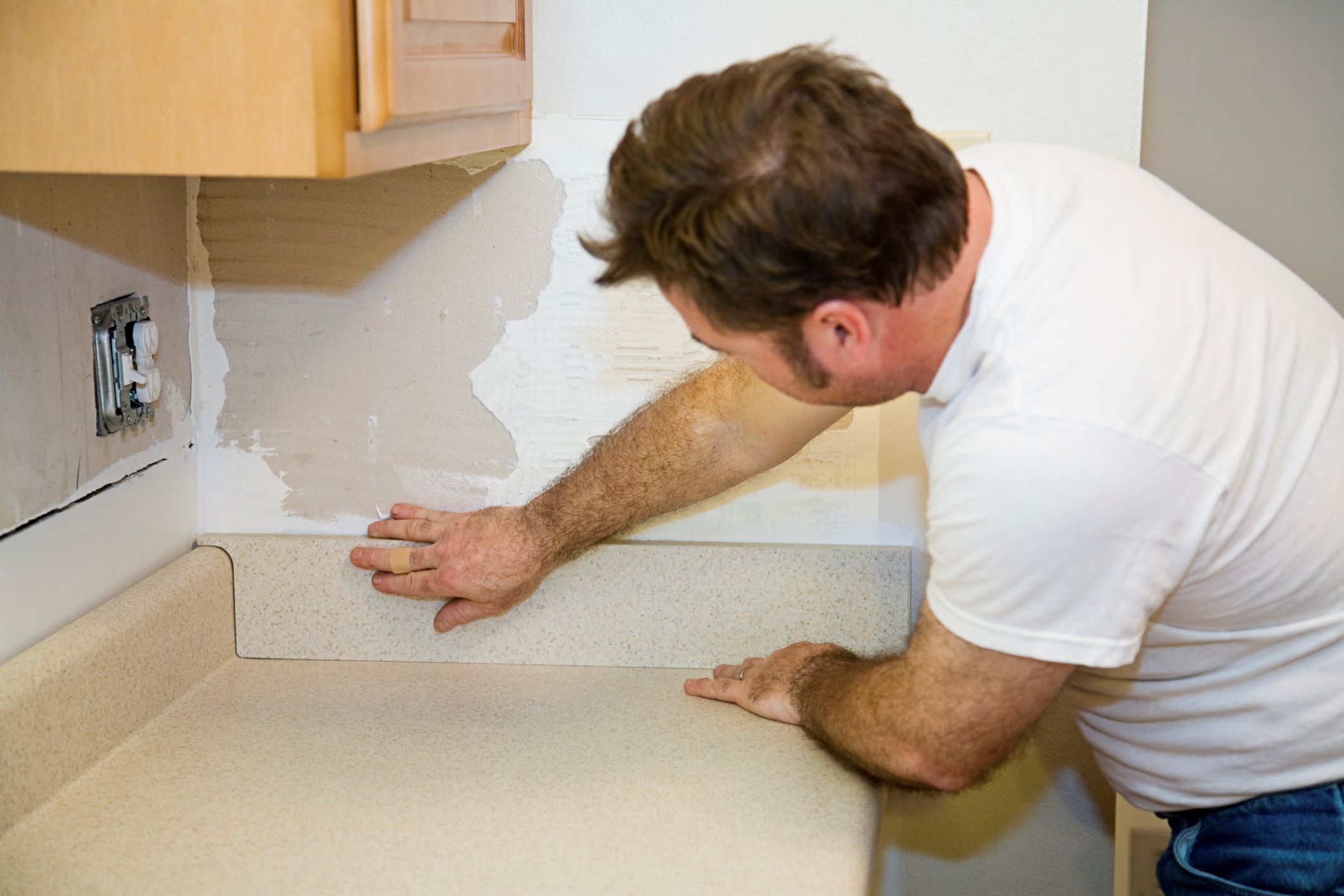
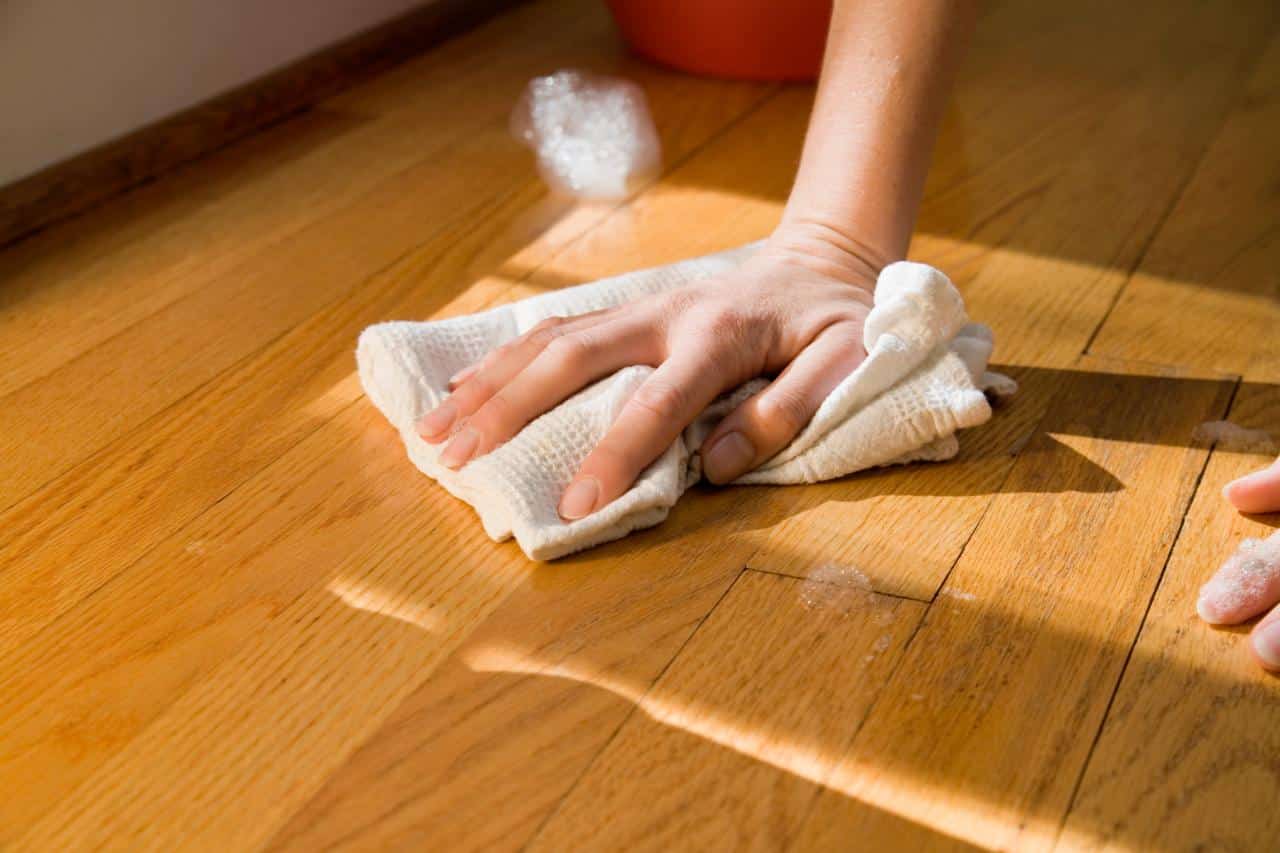
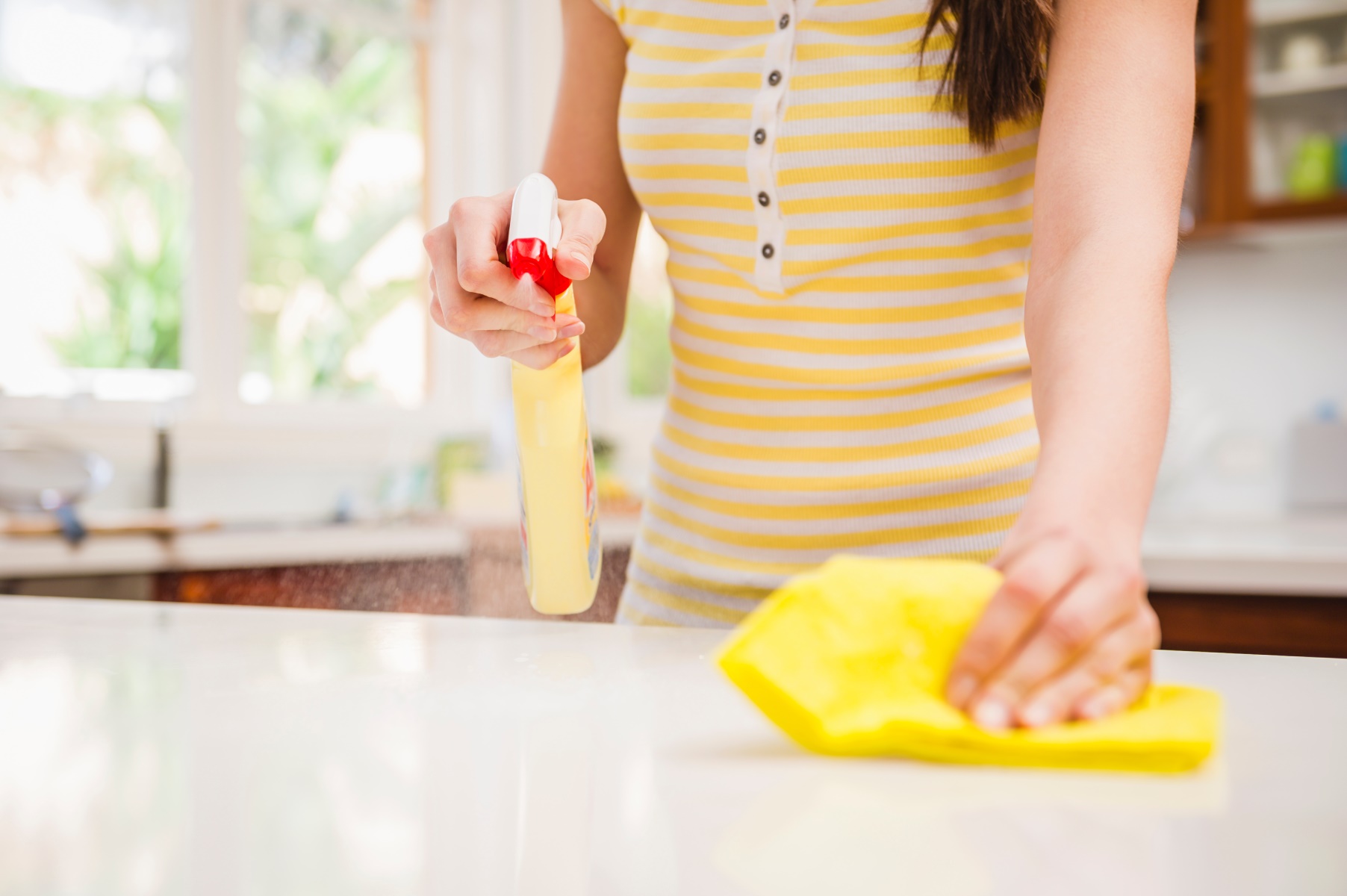
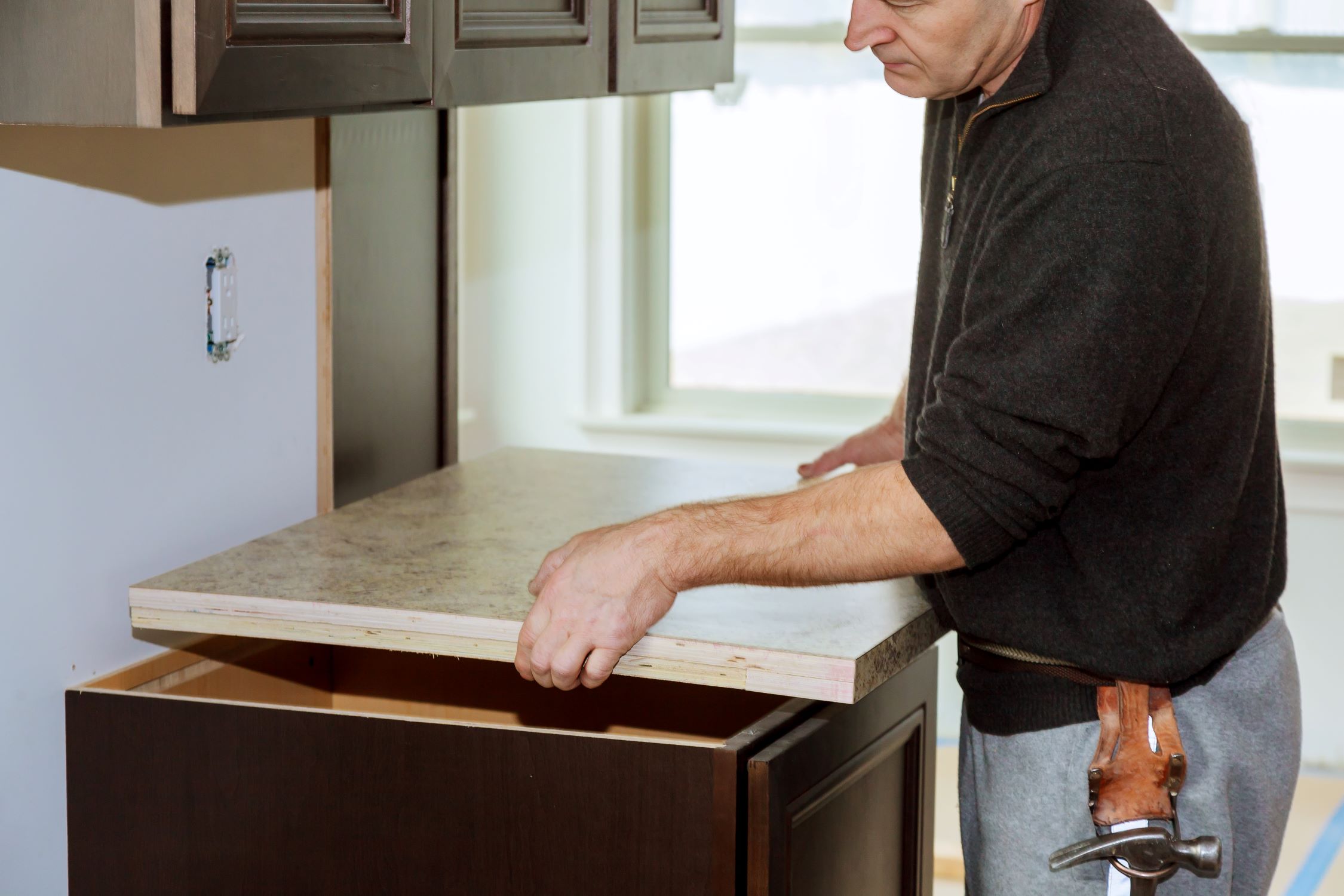
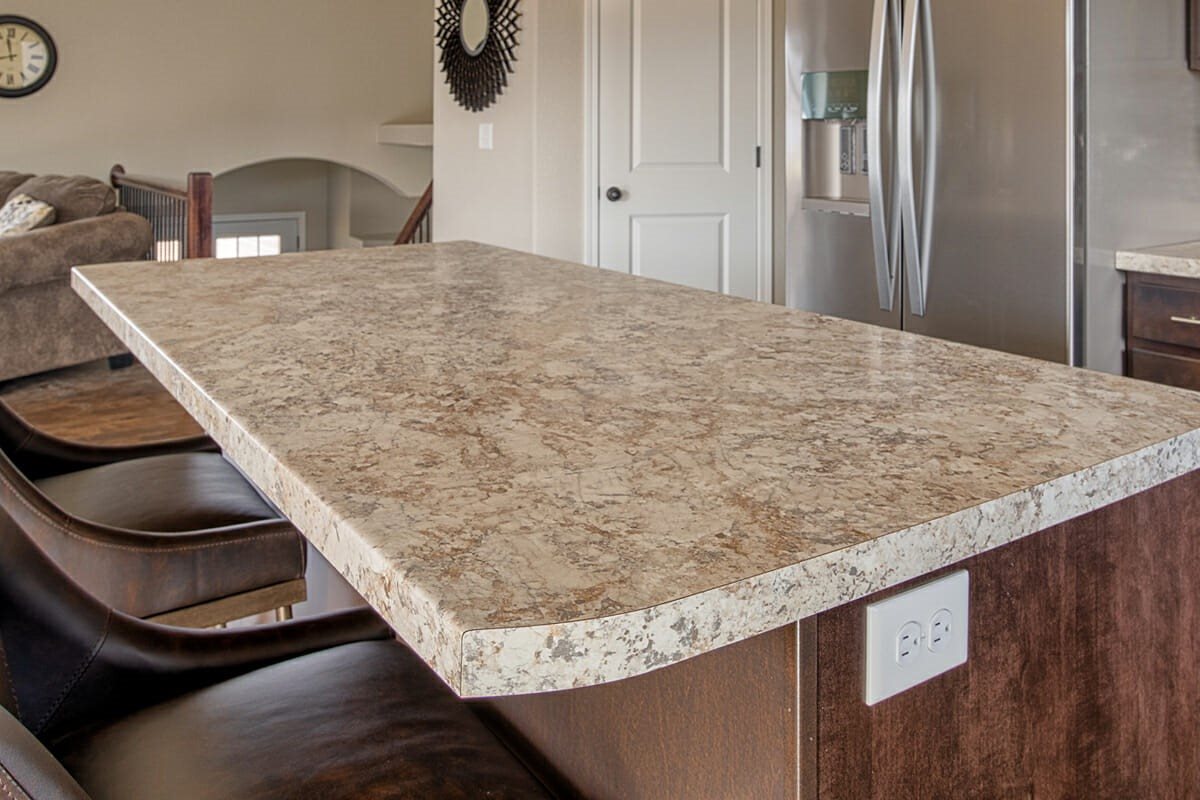
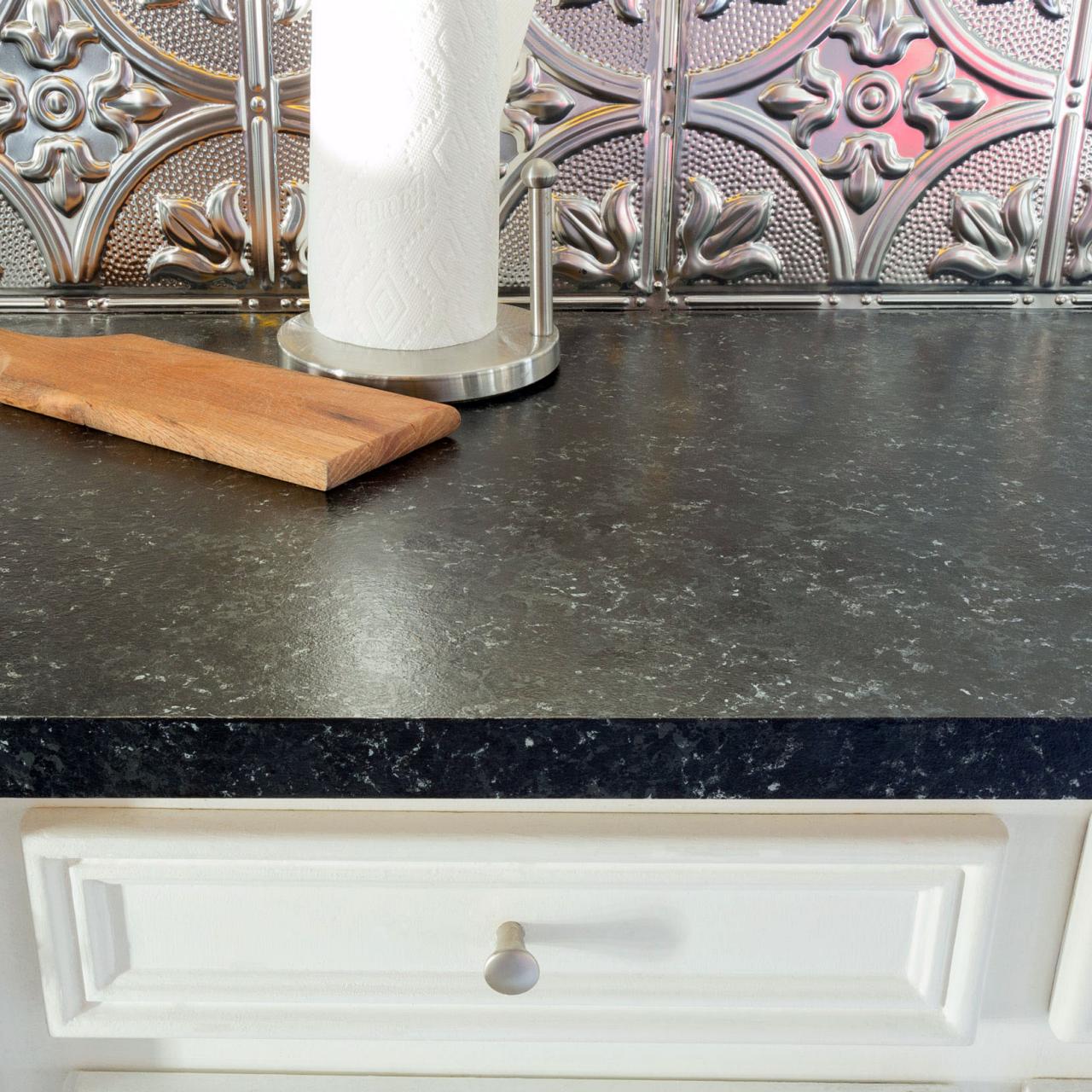

0 thoughts on “How To Protect Laminate Countertops”